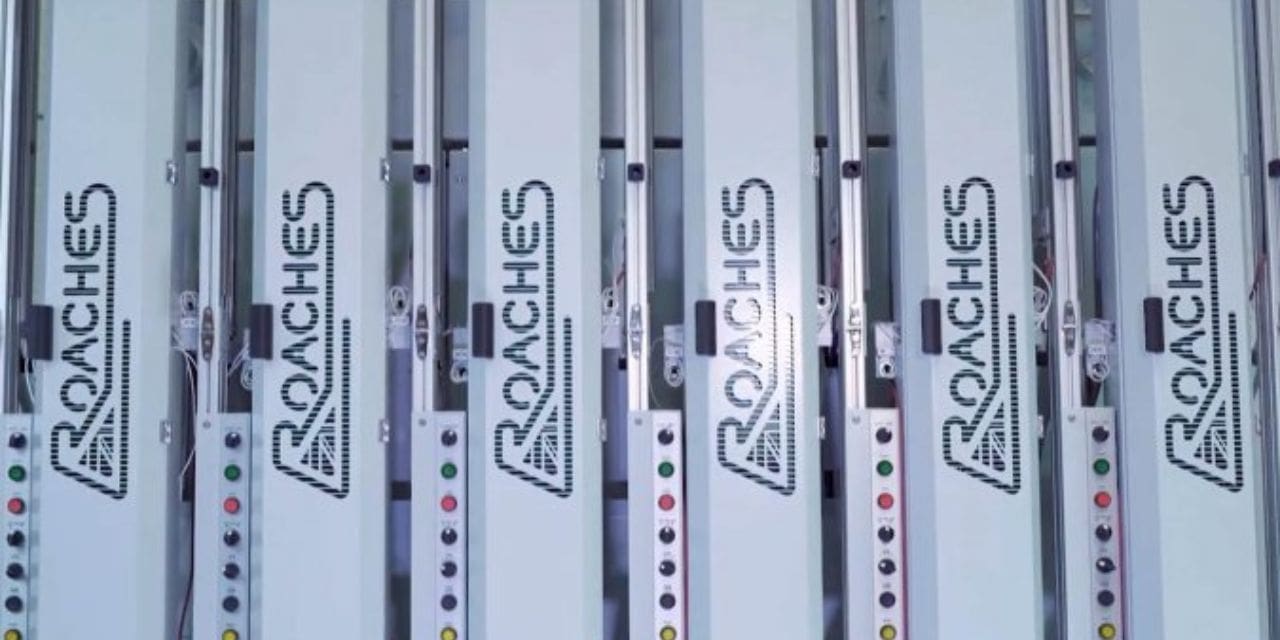Being the origin of spinning, weaving, and knitting, as well as nearly all other related supply chain operations, the UK has amassed a sizable body of expertise on how to run contemporary, vertically-integrated textile manufacturing facilities.
The British Textile Machinery Association (BTMA) members have built a leadership position in the fields of testing, instrumentation, and machine control, which will be emphasised at the upcoming ITMA 2023 in Milan.
Over 30 of our members will be present, and there will be a wide variety of UK technologies and services on exhibit in Milan, according to BTMA CEO Jason Kent. “Some of their most recent developments are really going beyond what has been previously possible.”
Reading the patterns
These include the revolutionary new fabric inspection method created by Shelton Vision (Hall 18, stand A304a) for precisely detecting the most minute flaws on patterned fabrics during high speed production.
The first commercial installations of this patent-pending technology have already been made, and it has been thoroughly vetted and incorporated into the business’ Web Spector platform.
The Shelton WebSpector machine vision system promises automated fault identification of over 97% but is currently limited to plain textiles. Traditional methods for defect detection rely on human inspection with detection rates under 65%.
The ‘good’ pattern is virtually rendered invisible to the detection software by the new method, according to Mark Shelton, managing director and CEO of Shelton Vision. In order for the system to detect both surface and subsurface faults, we have developed template matching techniques for the resolution of complicated pattern deformations, building on our industry-leading vision system for plain textiles.
Colour assessment
VeriVide (Hall 4, display B204) will unveil UltraView, its first all-LED light booth, as another significant new innovation for obtaining a higher level of uniform and standardised colour evaluation.
Major international retailers from all over the world use the company’s light booths and lighting cabinets to set and maintain visual quality standards across their supply chains.
Combining UltraView with VeriVide’s highly successful DigiEye system for non-contact colour measurement and digital imaging can have a very positive effect on a company’s bottom line by bringing savings in time, money, and CO2 emissions. UltraView brings a variety of sustainable new benefits to designers, mills, and brands.
IR bonding
Roaches International is another well-known manufacturer and provider of textile performance testing instruments for major brands as well as laboratory dyeing and finishing equipment.
The business will unveil its IR Bonder, a single end bond applicator and infrared (IR) curing chamber with incredibly low electricity usage, on its largest ITMA show to date (Hall 4, booth E302).
The IR Bonder is merged with a single head winder and may find use in many different industries, including the automotive and medical fields.
The application of a nylon terpolymer, which is applied in solution form, to bond sewing threads resembles current coating technology and standard winding equipment in its drying mechanism. Before being lubricated and wrapped onto either an intermediate or final spool, the ethanol/methanol and water solution is evaporated, and the thread is chilled. The system, which has up to six places available, has a maximum running speed of 600 metres per minute.
Additionally, Roaches will be soft launching their Luft performance haptics tester, created in collaboration with Leeds University, to help people gain a better idea of how particular clothing will feel and function.
Digitalisation
Monarch Knitting Machinery will be unveiling four of its latest circular knitting machines at stand E105-6 in Hall 4, along with new design simulation software and the MMS (Monarch Monitoring System) for Industry 4.0 taking fabric digitalisation to the next level.
MMS, developed with partner BMS (Belgium Monitoring Systems) not only monitors knitting machines but also all manufacturing and logistical activities within the knitting factory.
In addition, Monarch will introduce a new concept for fabric simulation which allows designers to develop fabrics digitally. The software simulates the design in 2.5D and creates the pattern data for the machine using the most appropriate stitch formation, allowing for the creation of fabric collections and or pre-selections prior to production.

